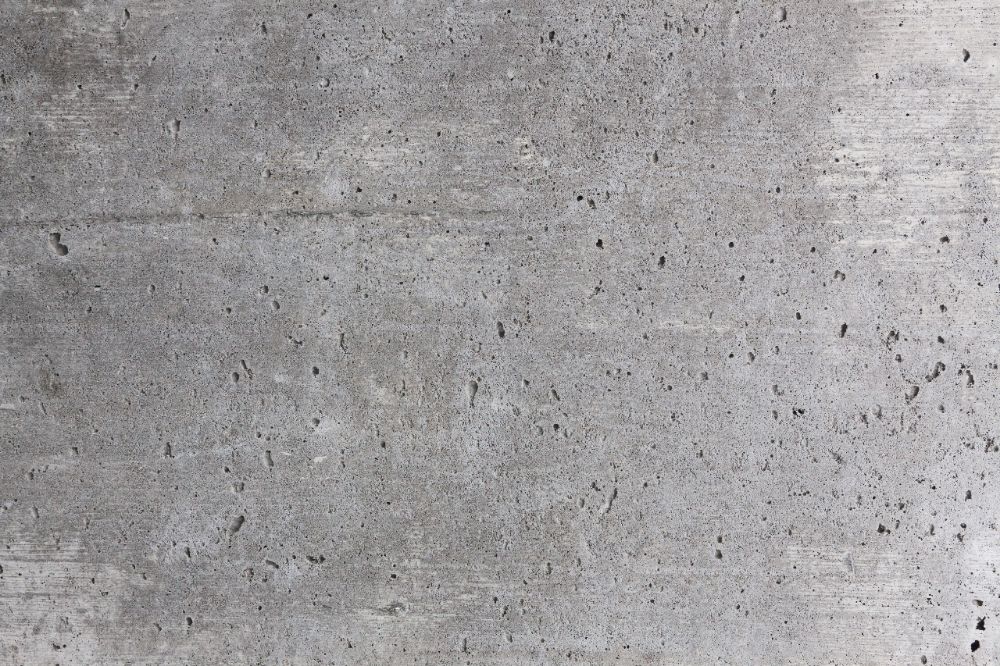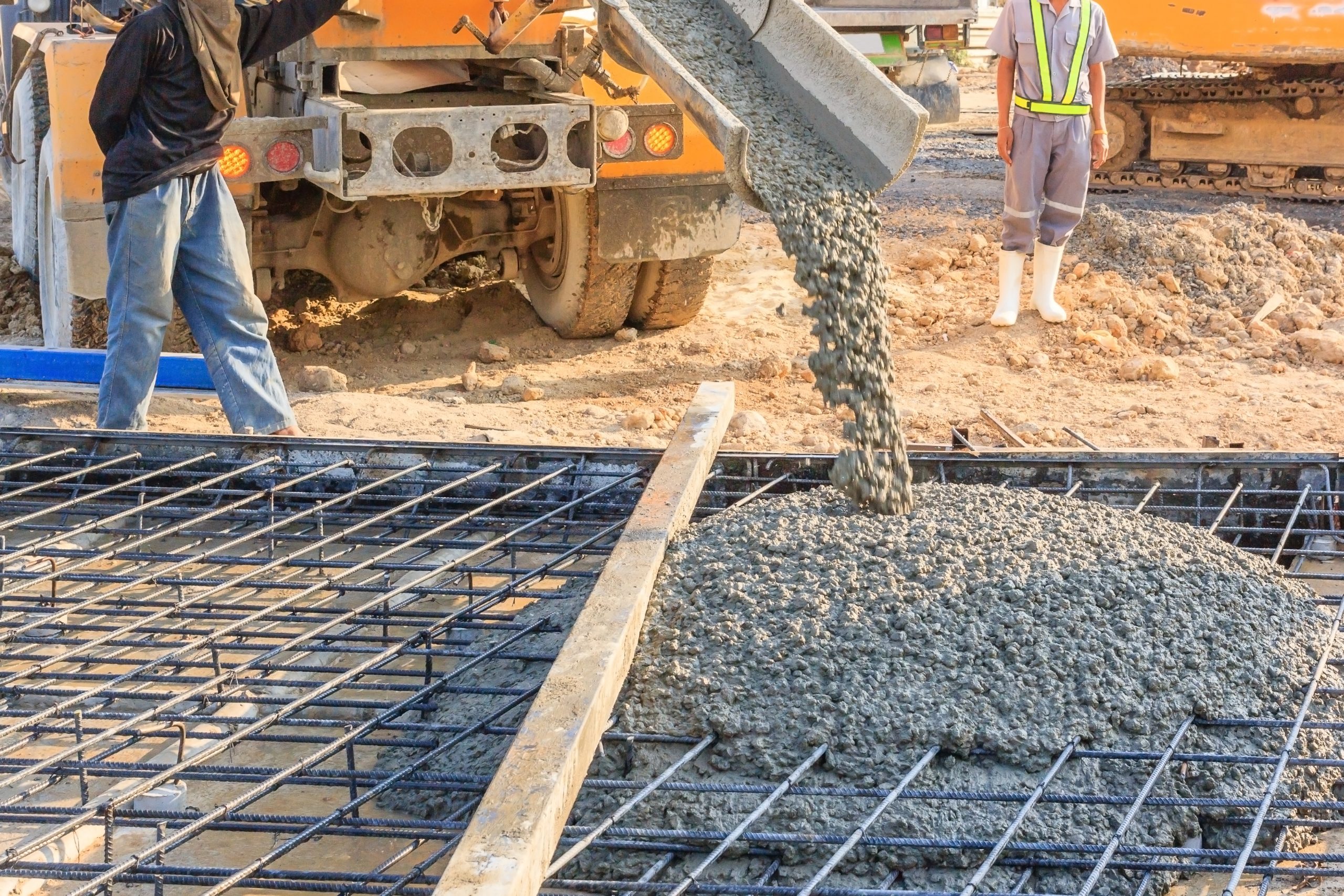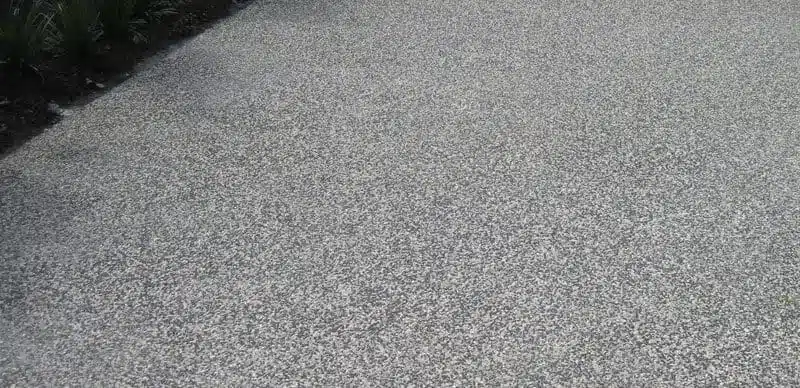Inexpensive Concrete Solutions: Quality Workmanship at Competitive Prices
Introducing the Eco-Friendly Advantages of Using Recycled Concrete in Lasting Building And Construction Practices
In the realm of lasting building methods, the application of recycled concrete stands as a critical yet frequently underestimated resource. Past its conventional applications, recycled concrete deals a myriad of environmentally friendly benefits that expand much past the confines of traditional construction products.
Ecological Benefits
Undoubtedly, among one of the most considerable advantages of making use of recycled concrete is its favorable effect on the atmosphere. By integrating recycled concrete into construction practices, there is a considerable reduction in the demand for new basic materials, leading to preservation of natural resources. This process helps in protecting accumulations, water, and energy that would have been utilized in generating new concrete. Additionally, the usage of recycled concrete decreases the quantity of waste being sent to landfills, thereby reducing environmental air pollution and relieving the strain on landfill capacities.

Furthermore, the production of conventional concrete is a significant resource of carbon exhausts because of the energy-intensive process of concrete production. On the other hand, recycled concrete has a lower carbon impact as it decreases the demand for new concrete production. This decline in carbon emissions adds to mitigating climate modification and supports lasting construction methods. Generally, the ecological benefits of using recycled concrete are substantial and play an important role in promoting environment-friendly building approaches.
Cost-Efficiency
When evaluating the use of recycled concrete in building projects,Attaining cost-efficiency is a critical consideration. Among the crucial advantages of making use of recycled concrete is its cost-effectiveness contrasted to standard concrete. The manufacturing of recycled concrete includes much less power and resources as it makes use of existing products, lowering the total task costs considerably. Additionally, the accessibility of recycled concrete in your area can further reduce transportation expenditures, making it an extra cost-effective choice for construction jobs.
Furthermore, making use of recycled concrete can bring about financial savings in garbage dump expenses by diverting concrete waste from disposal sites. This not only reduces the environmental influence but also gets rid of the expenses connected with waste elimination. Additionally, the durability and efficiency of recycled concrete are similar to traditional concrete, ensuring that cost savings do not endanger the quality of the building and construction.
Resilience and Stamina
Recycled concrete deals comparable, if not remarkable, resilience and stamina residential or commercial properties to standard concrete - Concrete. Through improvements in handling techniques and high quality control, recycled concrete can fulfill or exceed the efficiency criteria of conventional concrete.

Waste Decrease
Efficient waste reduction methods play a crucial role in the sustainable use of sources within the building and construction industry. When it concerns utilizing recycled concrete, waste decrease is a key benefit that adds dramatically to ecological preservation. Conventional building techniques usually generate substantial quantities of waste, specifically in the form of concrete rubble from demolition sites. By including recycled concrete right into building and construction tasks, this waste is repurposed and drawn away from land fills, minimizing the total ecological effect of building activities.
Additionally, the use of recycled concrete can lead to set you back savings for Our site building tasks, as it is frequently extra budget-friendly than sourcing and transferring brand-new products - Concrete. In conclusion, waste reduction through the utilization of recycled concrete is a crucial part of sustainable building methods that profits both the building and the setting sector as a whole.
Energy Preservation
When it comes to utilizing recycled concrete in building and construction, substantial power savings are achieved compared to typical concrete manufacturing. The process of generating recycled concrete includes crushing and reusing existing concrete products, which eats much less energy than mining, processing, and carrying raw materials for new concrete production.
Verdict
To conclude, the usage of recycled concrete in sustainable building and construction methods offers numerous ecological advantages, cost-efficiency, durability, strength, waste decrease, and power conservation. By including recycled concrete right into building tasks, we can contribute to a more lasting and eco pleasant future. It is essential for the building and construction market to focus on using recycled products to help in reducing the environmental influence of building and construction activities.
One of the essential benefits of making use of recycled concrete is its cost-effectiveness compared to traditional concrete.Furthermore, the usage of you can try this out recycled concrete can lead to cost savings in land fill costs by drawing away concrete waste from disposal sites. The longevity and performance of recycled concrete explanation are similar to traditional concrete, making certain that expense financial savings do not endanger the quality of the building.
